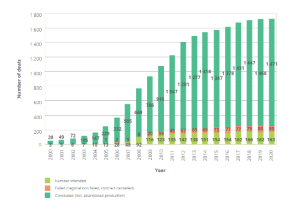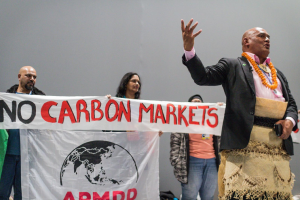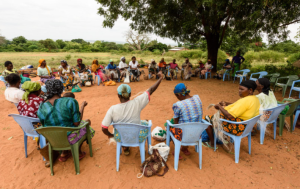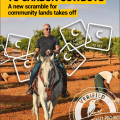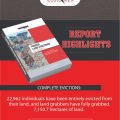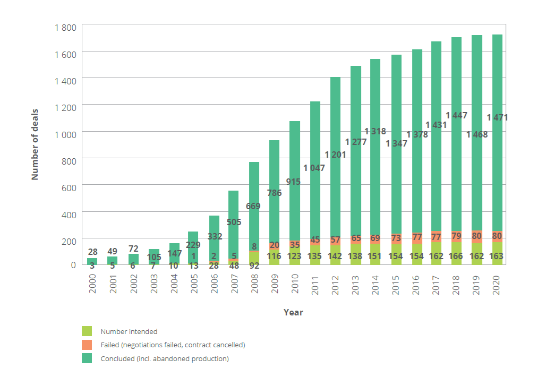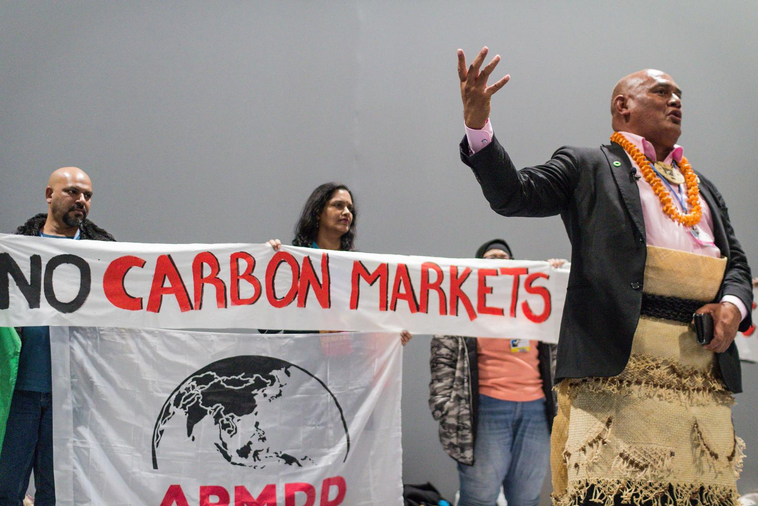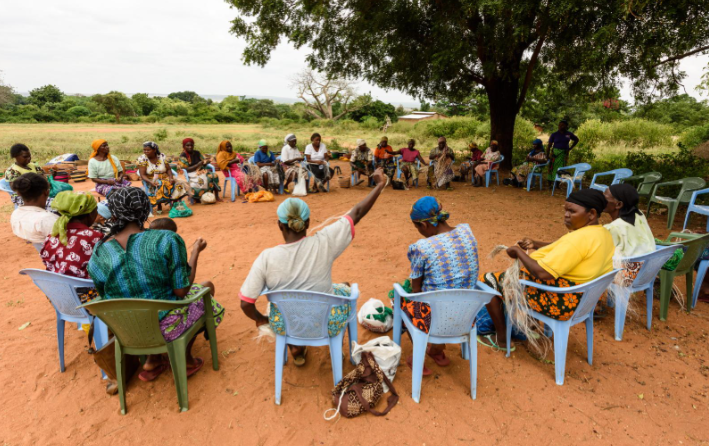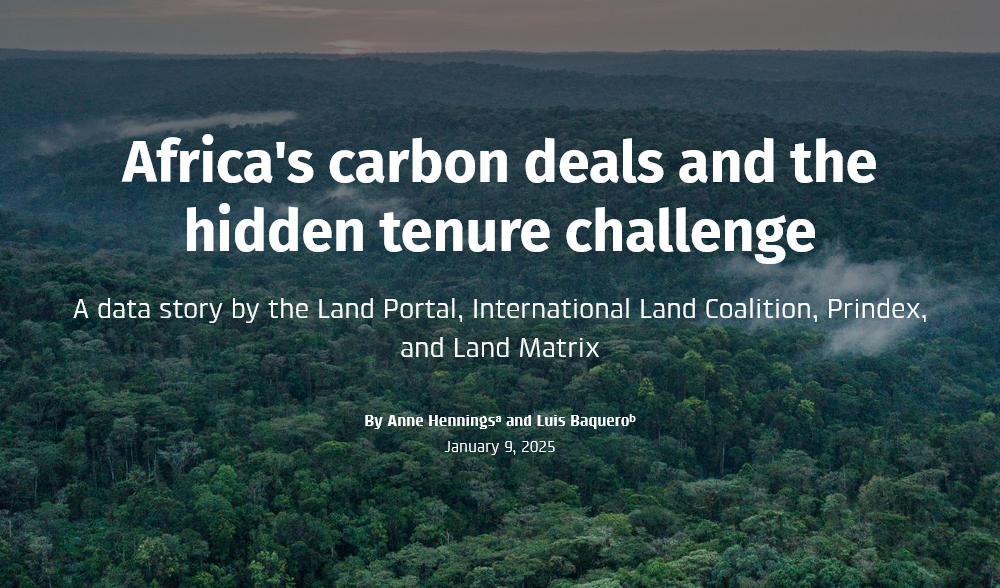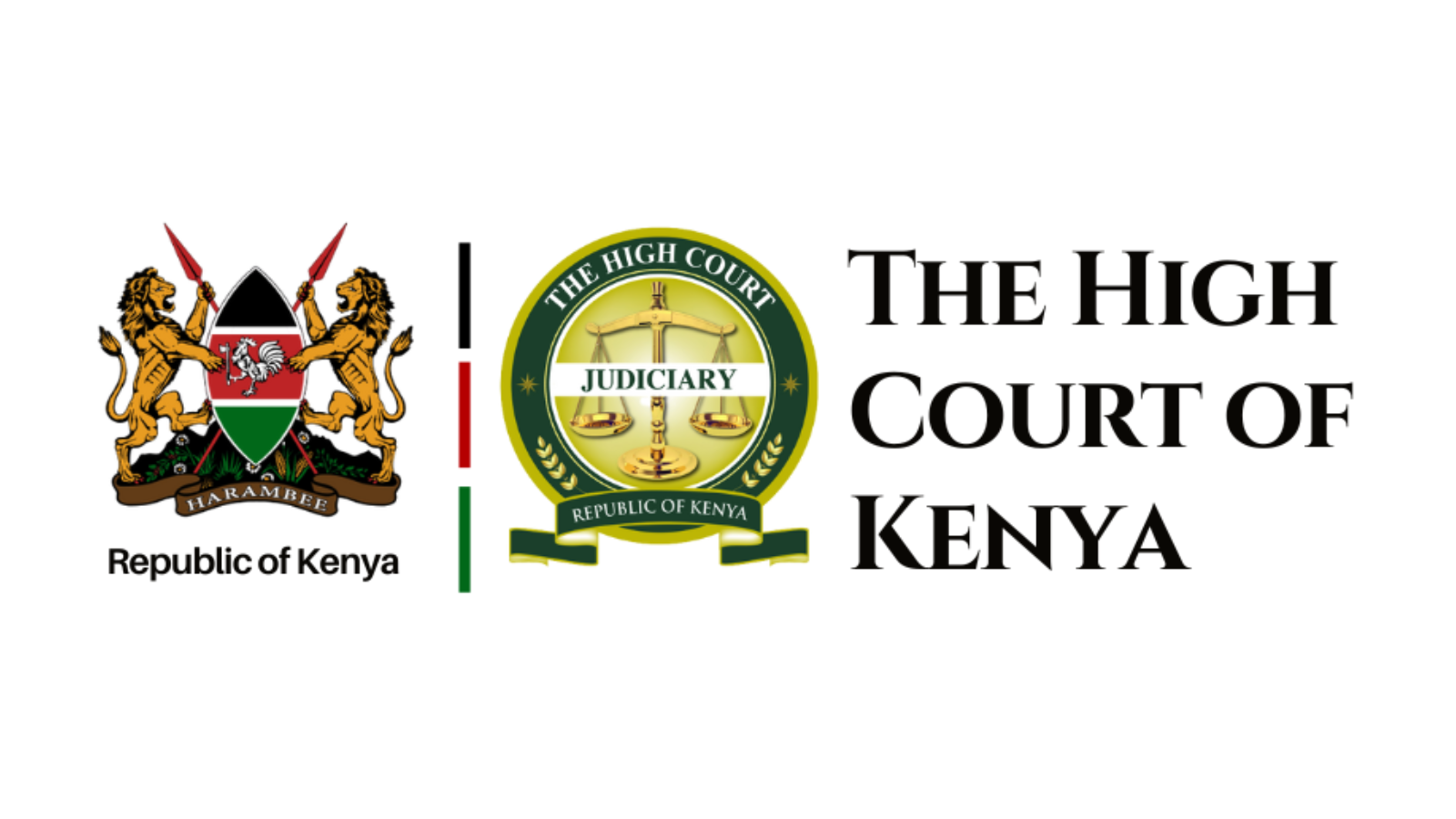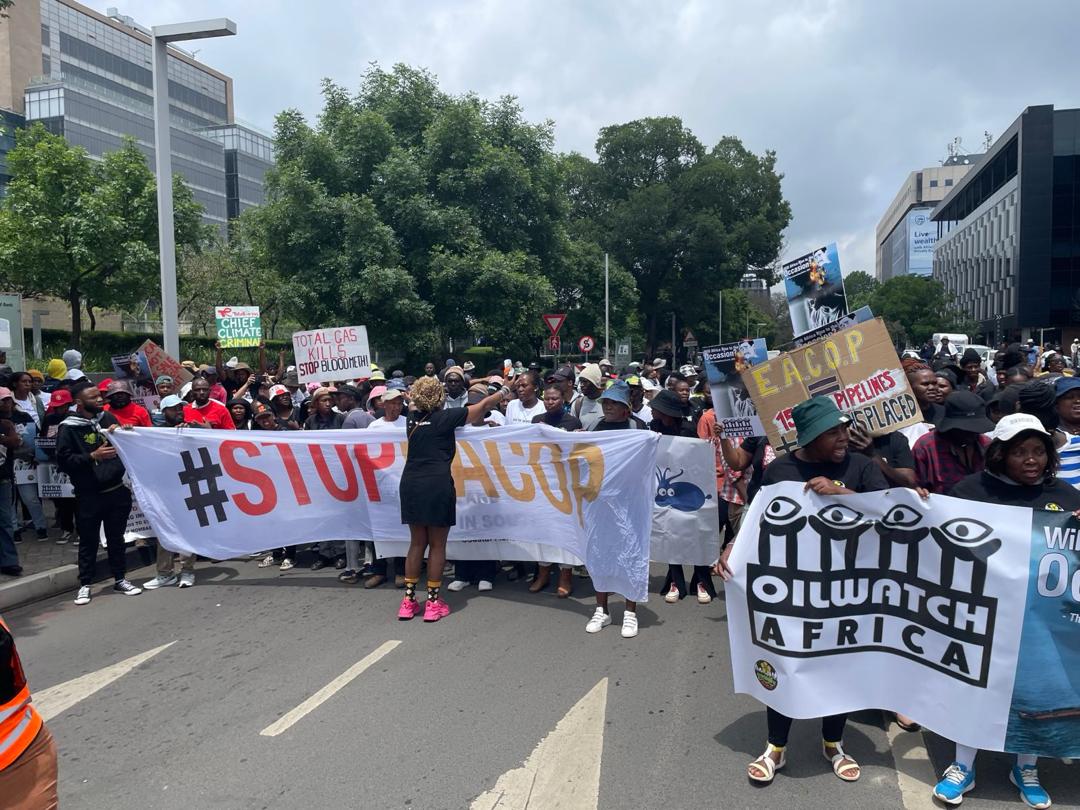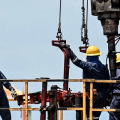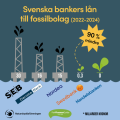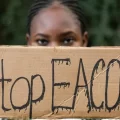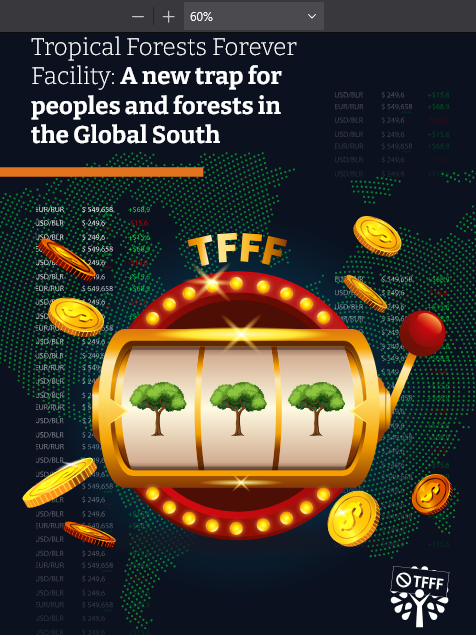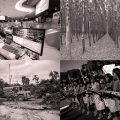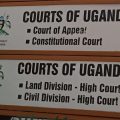By Witness Radio team.
South Africa – As South Africa prepares to host the G20 Leaders’ Summit on the 22nd and 23rd, another gathering has already made its voice heard. Activists, including climate activist groups and affected communities, stormed the Johannesburg offices of TotalEnergies on Thursday to express their disappointment over the company’s continued investments in fossil fuels, which they say have resulted in gross human rights violations.
The action, they said, is part of a broader fight to “End a Century of Exploitation, Greenwashing, and Fossil Fuel Expansion in Africa.”
A coalition of 29 organizations marched to the company’s offices in Johannesburg, delivering a petition alongside banners reading “Africa Is Not for Sale,” “Stop EACOP,” and “100,000 Displaced.” They called on the France-based corporation to halt all new oil and gas exploration and development in Africa, including the East African Crude Oil Pipeline (EACOP), the Mozambique gas project, and offshore drilling in South Africa.
They also demanded that TotalEnergies acknowledge and compensate communities whose land, livelihoods, and ecosystems have been harmed by its operations.
The demonstration was organised by Fossil Ad Ban, StopEACOP, Green Connection, Earthlife Africa, Power Shift Africa, and others. It coincides with the G20 Leaders’ Summit, which begins in Johannesburg on Saturday, the 22nd of November, 2025.
“We are marching shortly before the G20 Summit to draw world leaders’ attention to our calls,” said Lazola Kati, the campaign coordinator for Fossil Ad Ban.
The G20, composed of 20 countries, the European Union (EU), and the African Union (AU), addresses global economic issues, including climate change mitigation, international financial stability, and sustainable development. This year marks the first G20 Summit to be held on African soil, under the theme “solidarity, equality and sustainability.”
Activists say the Summit offers a critical moment to expose injustices committed by Global North countries and corporations that claim to promote development in the Global South, while instead profiting from these projects that leave affected communities in misery.
Their central message targets TotalEnergies. Activists accuse the company, now marking 101 years of existence, of causing environmental destruction, land dispossession, and human rights violations across the continent.
“From the Niger Delta to Cabo Delgado, from EACOP’s route through Uganda and Tanzania to the expanding offshore oil blocks along South Africa’s coast, TotalEnergies has built profit on the suffering of people and the degradation of ecosystems,” reads part of the coalition’s letter addressed to TotalEnergies South Africa.
They argue that while the company brands itself as a “green” and “responsible” energy leader, it continues to pour billions of dollars into new oil and gas projects, while spending millions on advertising and sponsorships to present itself as climate-friendly, an act they describe as corporate greenwashing that obstructs real climate action.
Patrick Edema of StopEACOP noted that the pipeline will pass through 178 villages in Uganda and 231 in Tanzania, causing massive physical and economic displacement. “Our message is clear: TotalEnergies’ century of harm ends now. We will not allow you to mortgage our future for your fossil fuel profits. We will #StopEACOP,” he said.
An estimated 100,000 people in Uganda and Tanzania have already lost, or will lose, land used for farming or livestock due to the project.
In Mozambique, TotalEnergies’ fossil gas project in Cabo Delgado has also caused widespread displacement. The company and its partners are constructing a gas processing plant on a 7,000-hectare site allocated by the government, a move that required the relocation of 557 households, many of whom say promised compensation and replacement land never materialised.
“Africa does not need another century of fossil fuel colonialism,” the coalition stated in its letter. “We need a future powered by justice, renewable energy, and community-led solutions.” They called on TotalEnergies to align with the demands expected to be raised at the G20 and COP30 conferences: to end fossil fuel subsidies and to stop all new oil and gas development.
Lisa Makaula, advocacy officer at The Green Connection, emphasized the urgency for communities to speak out. “The world is at a tipping point, and as developing nations, we cannot afford to invest in fossil fuel projects that will worsen the impacts of climate change. Fisher livelihoods are already being destroyed in West Africa due to oil and gas exploration. We need committed leaders who will ensure that oceans are protected and that communities are not left behind as we transition to a low-carbon economy, with equity and fairness at the forefront.”
In their letter, the coalition further demands that TotalEnergies commit to a just and equitable transition that prioritizes renewable energy, distributive justice, and African ownership of the energy transition.
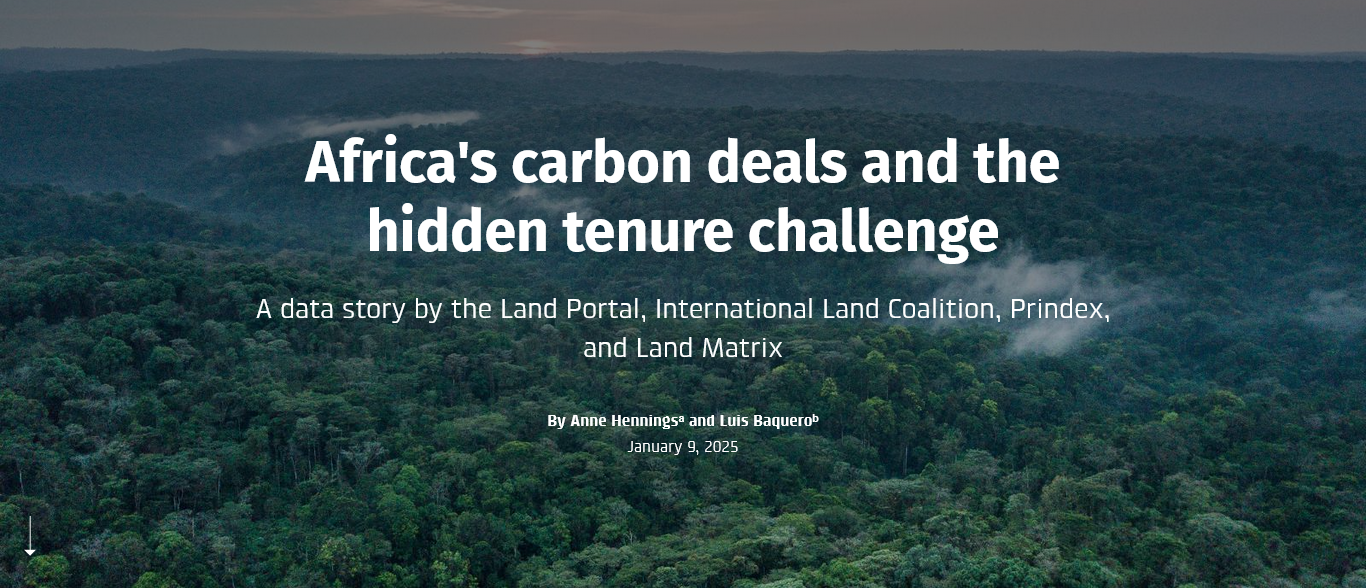

 MEDIA FOR CHANGE NETWORK2 weeks ago
MEDIA FOR CHANGE NETWORK2 weeks ago
 MEDIA FOR CHANGE NETWORK6 days ago
MEDIA FOR CHANGE NETWORK6 days ago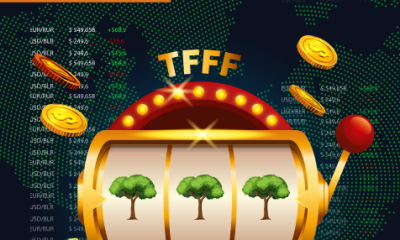
 MEDIA FOR CHANGE NETWORK1 week ago
MEDIA FOR CHANGE NETWORK1 week ago
 MEDIA FOR CHANGE NETWORK2 weeks ago
MEDIA FOR CHANGE NETWORK2 weeks ago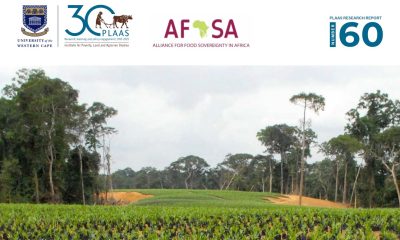
 NGO WORK2 weeks ago
NGO WORK2 weeks ago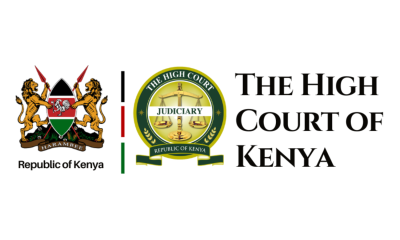
 MEDIA FOR CHANGE NETWORK5 hours ago
MEDIA FOR CHANGE NETWORK5 hours ago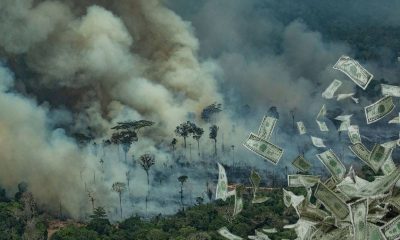
 NGO WORK2 weeks ago
NGO WORK2 weeks ago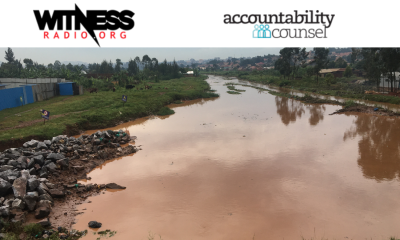
 STATEMENTS2 days ago
STATEMENTS2 days ago
